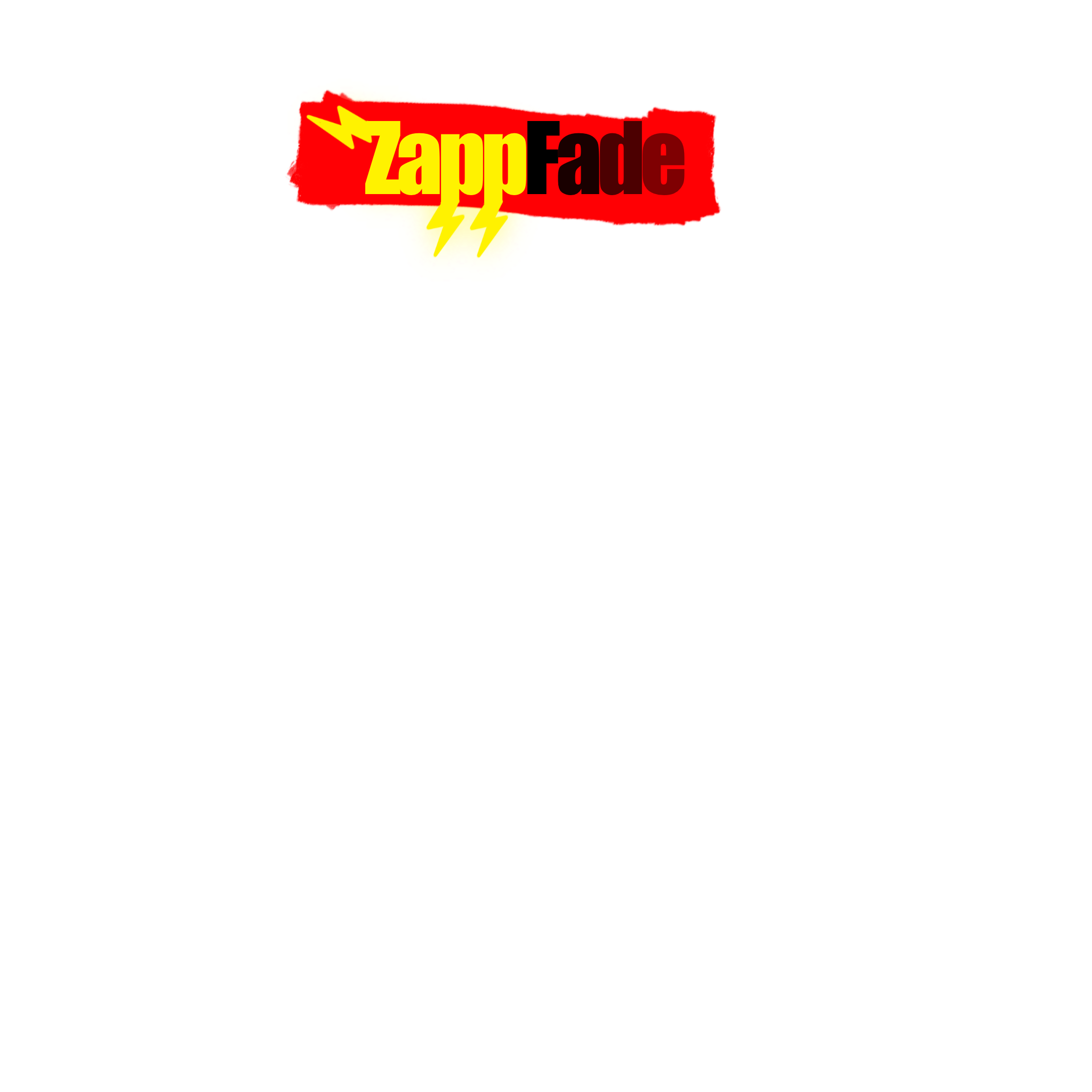always cut out "WHY"
(Originally published April 2, 2015)
Last year, I took a Sharpie and wrote the phrase "always cut out 'WHY'" on plain printer paper, and pinned it to the cork board by my computer.
Why?
It began as my interpretation of Ernest Hemingway’s "Iceberg Theory": cut out all extraneous context and leave just the facts. In fiction, facts are invented to tell the story, and you get to choose which facts to use. Rather than going from
A to B to C to D to E,
if you cut at least a third of the letters – A, most of all – the story will be stronger. Whatever details you invented for A and D and G, then cut, will be filled in by the reader’s imagination; some you intended, some not.
I wanted to remind myself not to do what most writers do, to start with not just A but
A1 and A2 and A3 and A4 and A5 and A6.
In Tim Burton’s Charlie and the Chocolate Factory, Willy Wonka’s behavior is "explained" in an added storyline about a strict, absent father. Why become a candy maker? If your father is an impossible-to-please dentist, making sugar is a form of rebellion that makes perfect, symmetrical, storytelling sense.
I couldn’t stand it.
I can’t stand it.
Who cares WHY Willy Wonka's weird?
Writers like to imagine themselves as gods, but God - or His secular stand-in, "random chance" - is never so unimaginative as to draw a line from A to B to C to D to E that you can follow back like a road map and go,
“Well that makes sense!”
Our impulse to “make sense” is especially acute in the post-Scientific-Method, post-Information, post-Post-Modern age, but any good scientist will tell you that any scientist who believes they’ve figured it all out isn’t good. If anyone thinks they have it all figured out, well... once you've asked and answered all the questions, it stops being interesting, doesn't it?
Like science, art, once you can answer “why,” articulate “why,” you’ve failed. You don't have a piece of art, you've got something like a watch or a car, or any object that seems like magic until you take it apart and put it back together and learn how it works. Art and creativity thrive on mystery. For creative individuals, the best work springs forth in inexplicable spurts. Later, you might say,
"Now I see what I was doing!"
But it wasn’t you doing it, was it? It just came out.
Asking "WHY" is the answer. Answering "WHY" is not.
* * *
Another thing: see, except right now, on my comedy website, I write comedy. At the time I wrote "always cut out 'WHY'," I’d been writing standup that explained a little too much up front. Like Bob Newhart's early routines, where he'd begin by saying something like...
“Um, as I said, there was a thing in the paper tonight about documentaries, and I’ve had an idea for a long time for what I think is a wonderful documentary, which has everything. For instance, you go to work, you come home at night, and you never really think about it. It’s mechanical, it’s routine. But there are a group of men who, every day, when they go to work, never know if that night they’ll return. Because they face death in 100 different ways. And I’m talking about America’s driving instructors. And I’d like to present the 1st episode in a new TV series called The Driving Instructor. Now I’d like to have you picture, if you would, this is a car. I’m the driving instructor. And seated next to me is a woman driver...”
...And only then, a minute later, would the comedy begin.
(Note: that preamble is the longest paragraph in this entire essay.)
I wouldn't go as far as Bob Newhwart - who was still a ground-breaker for his time - but I'd always explain the premise, the scene, why I was telling a particular joke and why no one needed to be offended. It seemed useful for biting, brutal satire, to make sure no one confused it for my actual feelings. Because we live in a social climate where satire is taken out of context, disseminated widely, immediately, and tends to cost people their dignity or their jobs, I had to clarify my truth. However...
Disclaimers kill comedy.
Explanation kills comedy.
More than any art form, comedy thrives on de-clarifying.
Regarding an extremely talented performance artist, a friend commented, "She always makes the right move, comedically." What does that mean? Let’s say you’re giving a serious lecture and you can tell the audience isn’t following you; you pause and fill in the gaps until everyone’s on the same page. In comedy, the opposite should happen; once the audience is on sure footing, that’s when you pull out the rug.
Unfortunately, most comedians today – even "good" ones – ensure their comedy contains no confusion: these are my jokes, these are their targets, and my jokes and their targets are the safe, correct ones. They’ve worked out "why" and they’re telling you "why," which automatically makes them less valuable than artists who had but didn’t.
* * *
At its best, inspiration emerges from the ether to blindside the artist as much as his audience. But if you happen to be an artist lucky enough to be inspired, and articulate enough to explain the "whys" of your work, for the sake of magic, for the love of God,
Cut it out.

